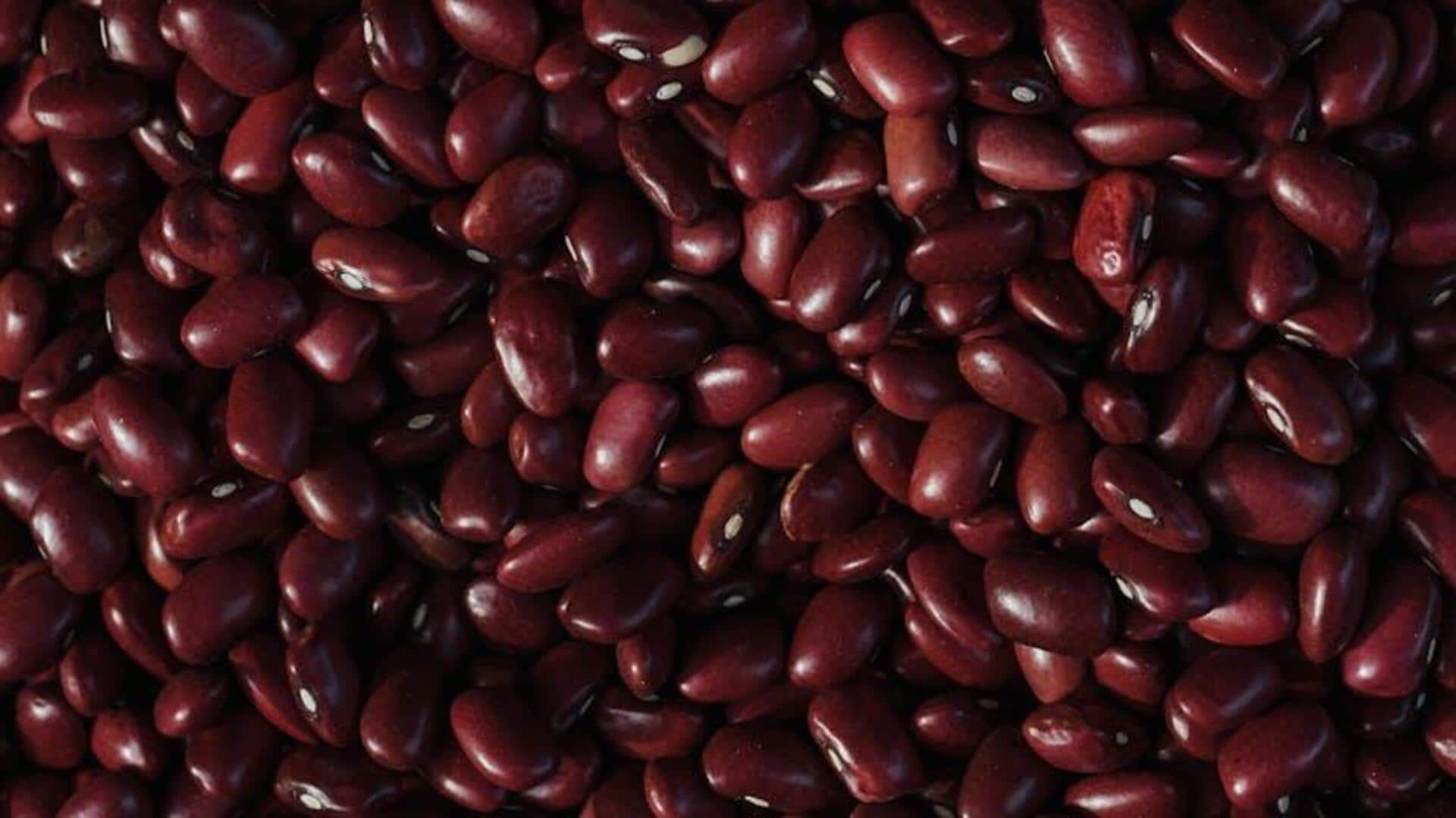
Kidney beans v/s black beans: Comparing their nutrition
What's the story
Kidney beans and black beans are two of the most popular legumes, thanks to their nutritional benefits. Both beans are high in protein, fiber, and other essential nutrients, making them a staple in most diets. In this article, we will take a look at the nutritional differences between kidney beans and black beans, and their unique benefits. Read on.
Protein
Protein content comparison
Both kidney beans and black beans provide a decent source of plant-based protein. However, black beans have slightly more protein per serving than kidney beans. This makes black beans an amazing option for those who want to add more protein to their diet without the inclusion of animal products. Nevertheless, both the beans provide amino acids that promote muscle growth and repair.
Fiber
Fiber richness in beans
Both kidney and black beans are rich in dietary fiber which helps in digestion and makes you feel full. Kidney beans have a slightly higher amount of fiber than black beans. Foods rich in fiber can also help regulate blood sugar levels and lower cholesterol levels, thus promoting heart health.
Vitamins
Vitamin content differences
Kidney beans are particularly rich in vitamin K, while black beans provide more folate per serving. Vitamin K is essential for bone health and blood clotting, while folate is important during pregnancy as it helps in fetal development. Including both legumes in your diet ensures that you get a wide spectrum of vitamins needed for good health.
Minerals
Mineral benefits from legumes
Both kidney and black beans serve as excellent sources of essential minerals like iron, magnesium, potassium, and zinc. While black beans are richer in magnesium (which helps in nerve function), kidney beans have a higher iron content (which prevents anemia by supporting red blood cell production). Including these legumes in your meals can easily help you meet your daily mineral requirements.